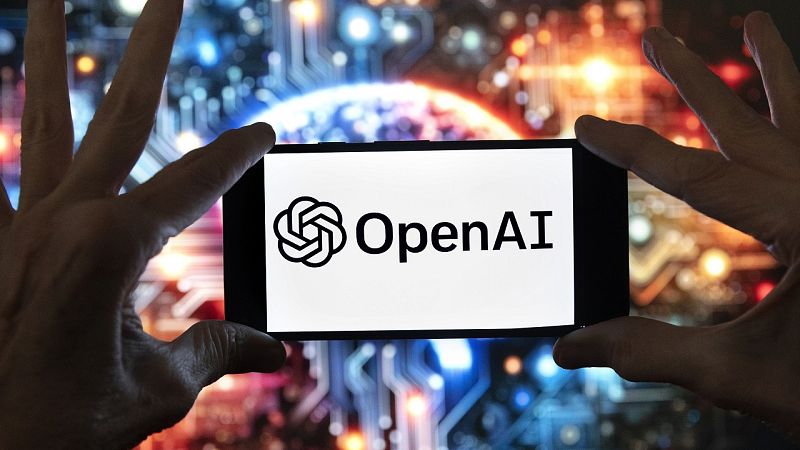
An industry group representing almost all of Denmark’s media outlets including broadcasters and newspapers has said it's suing ChatGPT’s parent company OpenAI for using its content, in a statement issued on Tuesday.
“Big tech must respect national laws, and as such, DPCMO has a responsibility to act. Pursuing legal action is not a choice; it’s a necessity,” the Danish Press Publications’ Collective Management Organization (DPCMO) said, claiming that: “OpenAI has used DPCMO repertoire in its training, [and] OpenAI does not respect reservations in terms & conditions of a website.”
DPCMO said it reached out to OpenAI “long ago”, in a bid to learn about the product, data, technology and the company as they use information from DPCMO’s members “to train its app ChatGPT”.
But an attempt to negotiate with the publishers as a collective failed, according to the group, and OpenAI told it "they would not prioritise Denmark”, DPCMO said.
Nor did an intervention by the country’s Minister for Culture succeed, the group claimed.
A spokesperson for OpenAI told Euronews that the company "already held direct talks with the DPCMO on this issue and as a result we do not use its members’ content for search results or training. We have not received any information about legal proceedings but are confident in our position.”
Until now, OpenAI has been striking deals with publishers individually, such as with British newspaper the Guardian, and France’s Le Monde.
The company agreed in June 2024 to remove press publications of DPCMO's members from training sets.
Code of practise
The action - filed at the City Court in Copenhagen - comes as Denmark starts chairing the meetings of EU ministers on Tuesday.
AI and copyright are at the forefront of ongoing discussions between the European Commission and rightsholders as the EU executive is set to publish the Code of Practice on general-purpose AI (GPAI) before 2 August.
The Code, a voluntary set of rules, aims to help providers of AI models, such as ChatGPT and Gemini, comply with the EU’s AI Act. The final version of the Code was set to come out early May but has been delayed.
The process has been criticised throughout, by tech giants as well as publishers and rights-holders concerned that the rules violate the EU’s Copyright laws.
The use of creative content by AI tools and companies has sparked debates, not only in Europe, but globally. In 2023 Hollywood writers fought to protect creative work from the use of large language models like ChatGPT.







